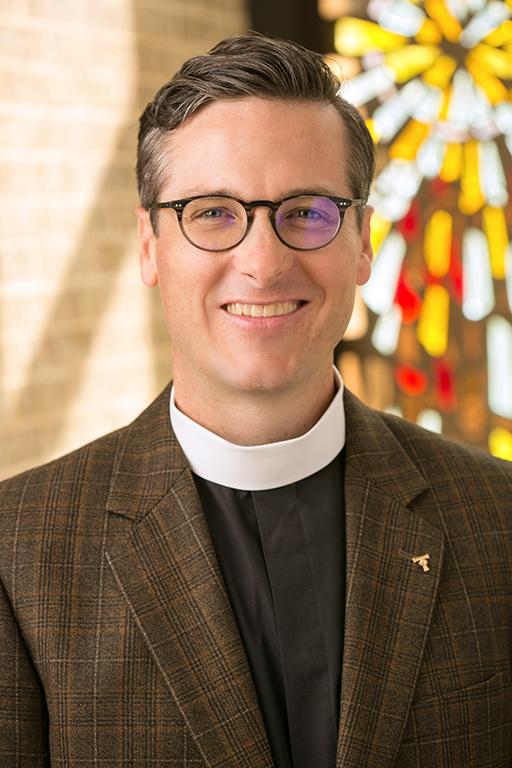From the Rector

I’ve recently been reading The Radical King, a collection of writings and speeches by the Rev. Dr. Martin Luther King, edited by Cornel West. I was already familiar with some of the material, but much of it has been new to me. For example, I’ve always loved the Letter from a Birmingham Jail, but I was unfamiliar with some of his addresses to the SCLC and his essays published in various magazines in the 1960s. Because so many of the issues he engaged with his life linger unresolved, these writings remain profoundly relevant and timely even 60 years after they were written.
I began it several weeks ago, after I read about the opening of the National Memorial for Peace and Justice n Birmingham, Alabama, which features an enormous display to honor the thousands of victims of lynching in our nation’s history. I hope to one day go on a pilgrimage through the south to visit that memorial and retrace some of our national history of racial violence and injustice. Dr. King articulates as well as any the scope of this tragedy, but – and this is why we turn to him again and again – he is prophetic and clear-eyed about how our faith should lead us to address and overcome it.
Those who are familiar with his writings may know that Dr. King’s sharpest and most critical words were not directed at the veiled Klansman or the government leaders fighting integration. He was most frustrated with white, moderate Christians, whom he believed did more to hold back justice by their apathy and conflict-aversion than the efforts of white nationalist groups. It was white, moderate religious leaders whose public opposition to his organized protests in Birmingham led him to write the famed letter from jail. It was white, moderate religious leaders who wanted him to “slow down” and wait for change on civil rights to happen naturally. And it was white, moderate leaders who urgently tried to stifle his sharp critiques of systemic economic inequality and the brutality of the Vietnam War.
I can’t help but wonder sometimes where I would have stood had I lived in that era, and if I would have been one more sympathetic but unhelpful white Christian leader.
This weekend is Labor Day, when we honor the movements that led to so many things we take for granted today: standardized workweeks, minimum wage, safety in the workplace, the end of child labor, anti-discrimination laws. Those movements were led by many who risked much, including a great many Christians who recognized that the Kingdom of God is no home to systemic economic inequality any more than it is home to racism or hatred. I give great thanks to God that brave women and men rose up to lead us toward the more complete fulfillment of our national ideals of liberty and justice for all.
Providentially, we’re beginning to hear the Book of James in church this month, and it resounds with a stirring challenge for us in our own day.
“Be doers of the word, and not merely hearers who deceive themselves. For if any are hearers of the word and not doers, they are like those who look at themselves in a mirror; for they look at themselves and, on going away, immediately forget what they were like…If any think they are religious, and do not bridle their tongues but deceive their hearts, their religion is worthless. Religion that is pure and undefiled before God, the Father, is this: to care for orphans and widows in their distress, and to keep oneself unstained by the world.” (James 1:17-27)
Even as you enjoy the last long weekend of summer, I hope you’ll pray to be a doer and not merely a hearer of the word of God. Pray that we may all be blessed with strength and conviction to leave the sideline and enter the fray against injustice and oppression. Pray that we may not prioritize being nice over being faithful, and that our religion would be “pure and undefiled before God.” And pray that we may be part of how God keeps bending the arc of the moral universe toward justice.
-Casey+
